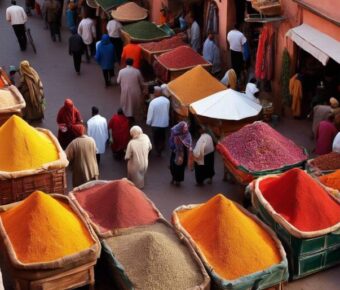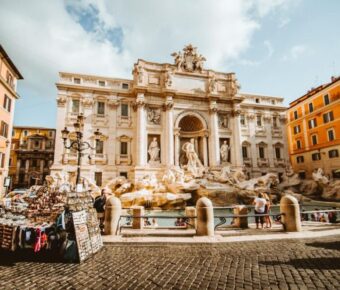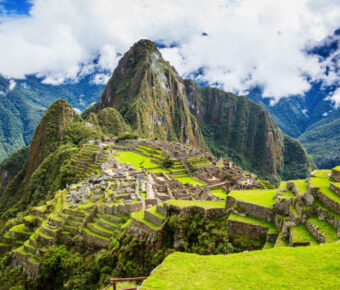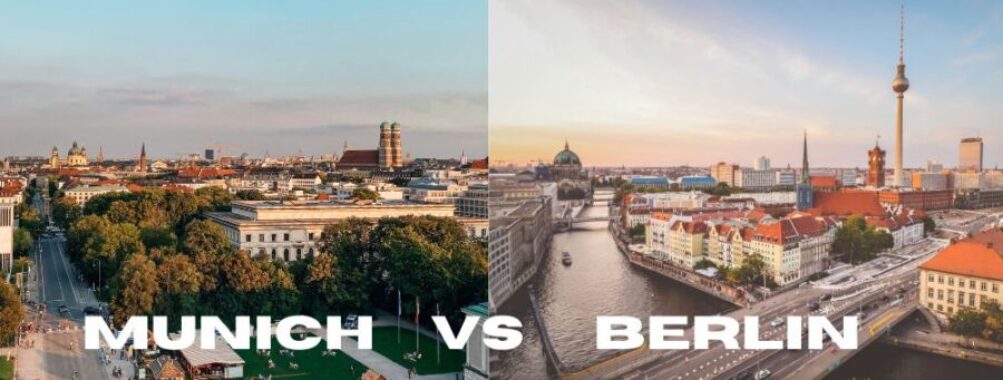
Munich vs Berlin: Which German City Offers the Better Life in 2025?
Munich and Berlin stand at opposite ends of the German cultural spectrum. These two major cities offer completely different experiences for visitors, from their architecture and history to their modern-day lifestyle and vibe. Berlin draws people in with its edgy art scene, complex history, and vibrant nightlife, while Munich charms visitors with its traditional Bavarian culture, beer gardens, and cleaner, more organized atmosphere.
Germany’s two largest cities feel worlds apart, even though they share the same country. Berlin sprawls across the northeastern landscape as the nation’s capital, home to 3.8 million residents who embrace an alternative, international lifestyle. Meanwhile, Munich sits proudly in the south as Bavaria’s capital, where 1.5 million people maintain closer ties to old German traditions and customs.
Choosing between these cities depends on what kind of German experience you want. Berlin tells stories of division and reunification through its street art and preserved historical sites. In contrast, Munich shows off its wealth through pristine streets, high-end shopping, and perfectly maintained parks. Both cities deserve a visit, but each appeals to different types of travelers.
Table of Contents
- Historical Significance
- Wartime Chronicles
- Historical Landmarks
- Cultural Insights
- Arts and Creativity
- Festivities and Traditions
- Modern Lifestyle
- Fusion Cuisine
- Dynamic Nightlife
- Attractions Galore
- Museums and Education
- Iconic Sights
- Urban Adventures
- Shopping Havens
- Street Art Explorations
- Travel Essentials
- Lodging and Accommodations
- Transportation Overview
- Frequently Asked Questions
- What factors should I consider when choosing between living in Munich versus Berlin?
- How do the university experiences in Munich compare with those in Berlin?
- What are the differences in cost of living between Munich and Berlin?
- When considering population and city size, how do Munich and Berlin differ?
- For a first-time visitor to Germany, should one prioritize Munich or Berlin?
- What unique cultural experiences do Munich and Berlin offer to holiday travelers?
- Book Your Dream Experience
- More Travel Guides
Historical Significance
Berlin and Munich have both played pivotal roles in shaping German history, from medieval times through the dramatic events of the 20th century. Their streets, buildings, and monuments tell fascinating stories of triumph and tragedy.
Wartime Chronicles
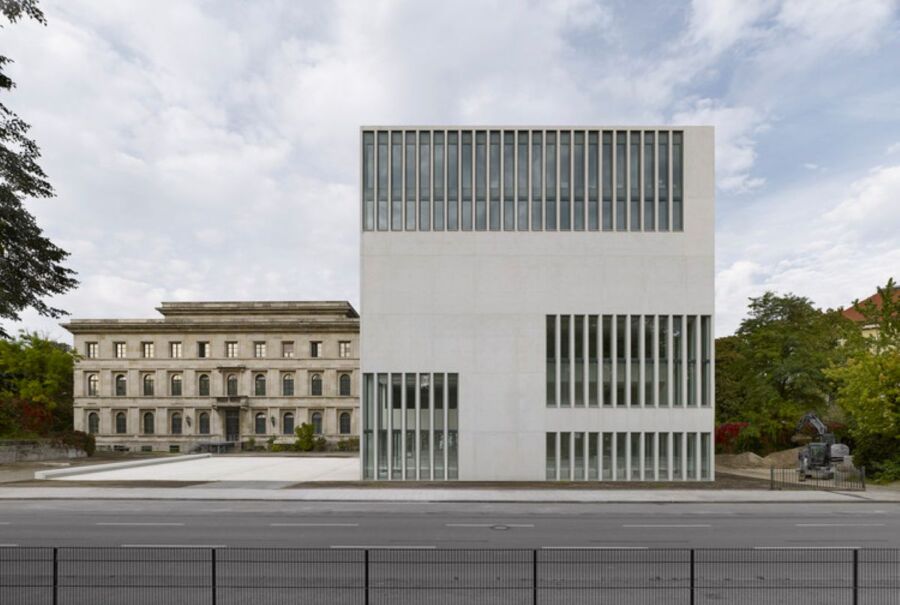
The Second World War left deep scars on both cities. Berlin faced massive destruction, with 80% of its city center reduced to rubble by Allied bombing. The city later became the focal point of Cold War tensions, split by the Berlin Wall from 1961 to 1989.
Munich served as the birthplace of the Nazi movement in the 1920s. The city saw the rise of Hitler’s political career and the devastating consequences of his regime. Many buildings still bear bullet holes and damage from the war years.
Both cities have transformed these painful memories into powerful learning opportunities. The Documentation Center in Munich and the Holocaust Memorial in Berlin stand as solemn reminders of this dark period.
Historical Landmarks
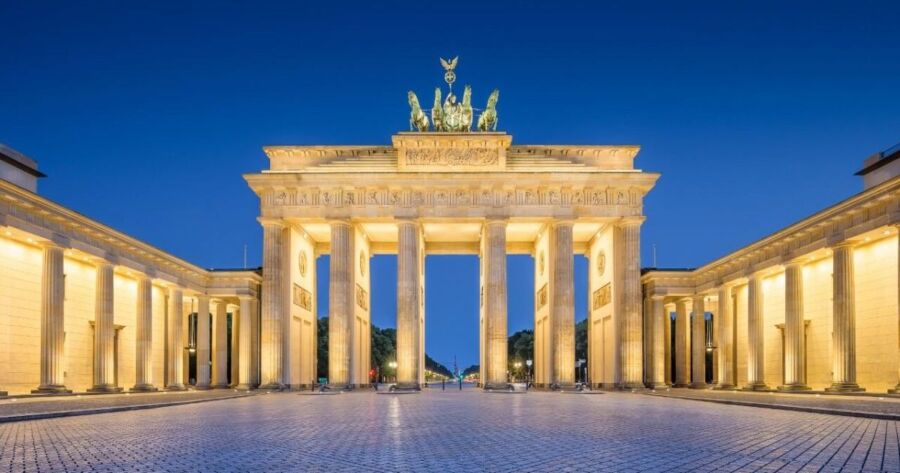
The Brandenburg Gate stands as Berlin’s most recognizable symbol. Built in the 18th century, it has witnessed everything from Napoleon’s victory march to Reagan’s famous “tear down this wall” speech.
Munich’s Neues Rathaus dominates Marienplatz with its neo-Gothic architecture. The building’s famous Glockenspiel delights visitors with its daily shows, just as it has since 1908.
Berlin’s Reichstag building tells the story of German democracy. Its glass dome, added after reunification, symbolizes political transparency and a new era for the nation.
Meanwhile, Munich’s Residenz palace reflects Bavaria’s royal history. As Europe’s largest city palace, it showcases the wealth and power of the Bavarian monarchy through eight centuries.
Cultural Insights
Berlin and Munich showcase two distinct sides of German culture. While Berlin embraces modern art and alternative lifestyles, Munich celebrates its deep-rooted Bavarian traditions.
Arts and Creativity
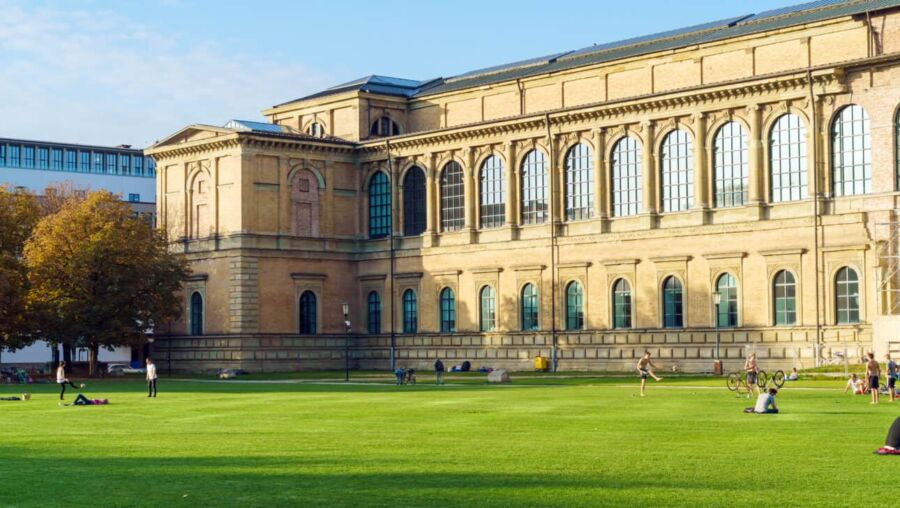
Berlin’s art scene thrives in converted factories and underground spaces. Street art covers the East Side Gallery – a preserved section of the Berlin Wall that spans 1.3 kilometers. The city hosts Berlinale, one of Europe’s most prestigious film festivals, every February.
Munich takes a more classical approach to arts and culture. The Kunstareal museum quarter houses world-class collections in three major art museums. You’ll find masterpieces from the Old Masters at the Alte Pinakothek and modern works at the Pinakothek der Moderne.
Festivities and Traditions
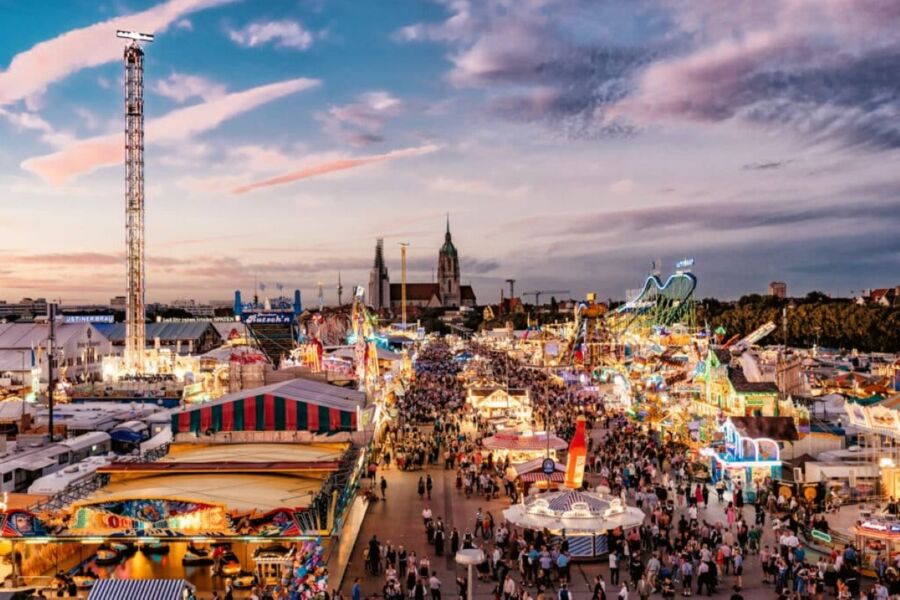
Munich’s Oktoberfest draws millions of visitors each year. People dress in traditional dirndls and lederhosen while enjoying Bavarian beer and pretzels in massive festival tents. The city’s Christmas markets fill Marienplatz with the scent of mulled wine and roasted chestnuts.
Berlin’s festivals reflect its creative spirit. The Carnival of Cultures celebrates the city’s diversity with street parades and world music. During summer, open-air parties and food festivals pop up in parks across the city.
Munich keeps Bavarian customs alive through its famous beer halls and beer gardens. The Hofbräuhaus serves traditional dishes like Weisswurst and Schweinshaxe in a historic setting.
Meanwhile, Berlin’s festivals often blend old and new. Fasching (carnival season) mixes traditional costumes with modern party culture in the city’s clubs and bars.
Modern Lifestyle
Both cities embrace a contemporary urban vibe while staying true to their unique cultural identities. Munich’s upscale polish contrasts with Berlin’s edgy creative energy in food and nightlife.
Fusion Cuisine
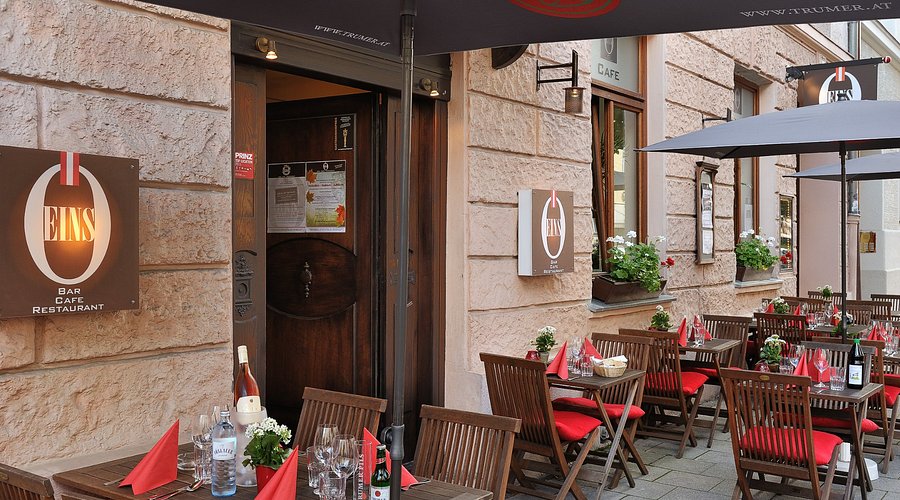
Munich’s food scene blends Bavarian tradition with modern flair. Local chefs put creative twists on classics like bratwurst and sauerkraut in sleek bistros across Schwabing and Maxvorstadt. The city’s high-end restaurants earn more Michelin stars than Berlin.
Berlin takes a more experimental approach to dining. Food trucks and pop-up restaurants serve creative currywurst variations alongside Vietnamese-German fusion. The diverse Kreuzberg and Neukölln neighborhoods offer affordable street food from global cuisines.
Dynamic Nightlife
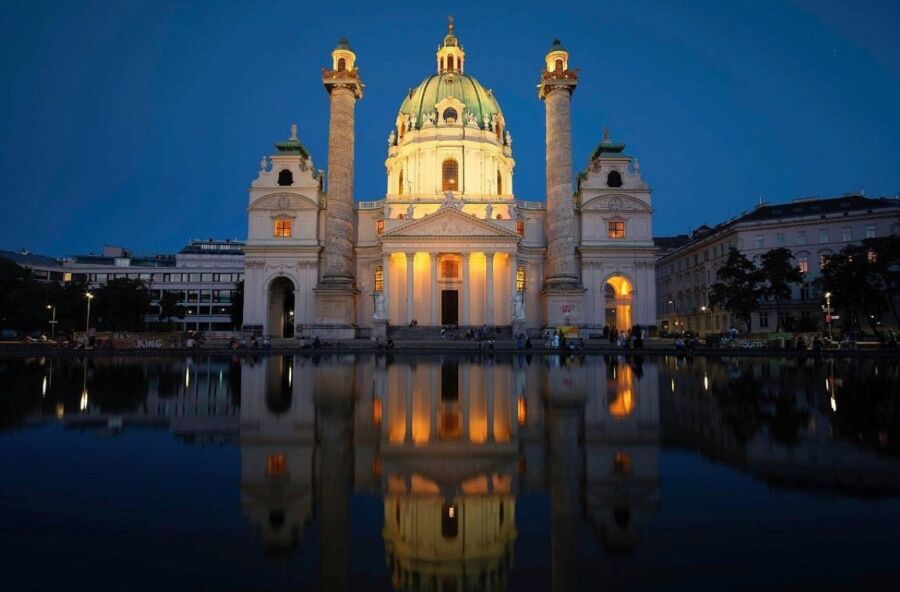
Munich’s nightlife centers around beer gardens and upscale cocktail bars. The clubs close earlier, usually by 2 AM. Cover charges and drinks cost more than in Berlin. Popular spots cluster near Karlsplatz and along Leopoldstrasse.
Meanwhile, Berlin’s legendary club scene runs 24/7. Warehouse parties and underground raves define the vibe. Clubs like Berghain stay open all weekend. Entry fees and drinks are cheaper than Munich.
The city draws international DJs and music lovers to areas like Friedrichshain. Alternative bars and casual pubs fill former industrial spaces in Kreuzberg.
Attractions Galore
Both Berlin and Munich offer amazing cultural sites and landmarks that showcase Germany’s rich history and modern appeal. From world-class museums to stunning palaces, these cities pack endless opportunities for sightseeing and exploration.
Museums and Education
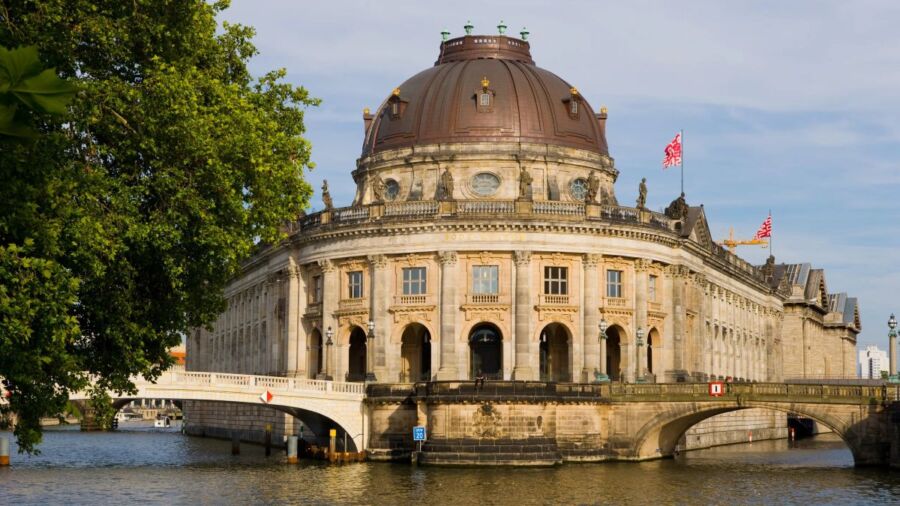
Museum Island in Berlin stands as a UNESCO World Heritage site with five incredible museums. The Pergamon Museum draws visitors with its ancient architecture collections, while the Neues Museum houses the famous bust of Nefertiti.
Munich’s Deutsches Museum ranks as Europe’s largest science and technology museum. The Alte Pinakothek displays masterpieces from the 14th to 18th centuries, making it a must-see for art lovers.
The Glyptothek in Munich focuses on ancient Greek and Roman sculptures. Kids love the hands-on exhibits at Berlin’s Natural History Museum, where they can see dinosaur fossils up close.
Iconic Sights
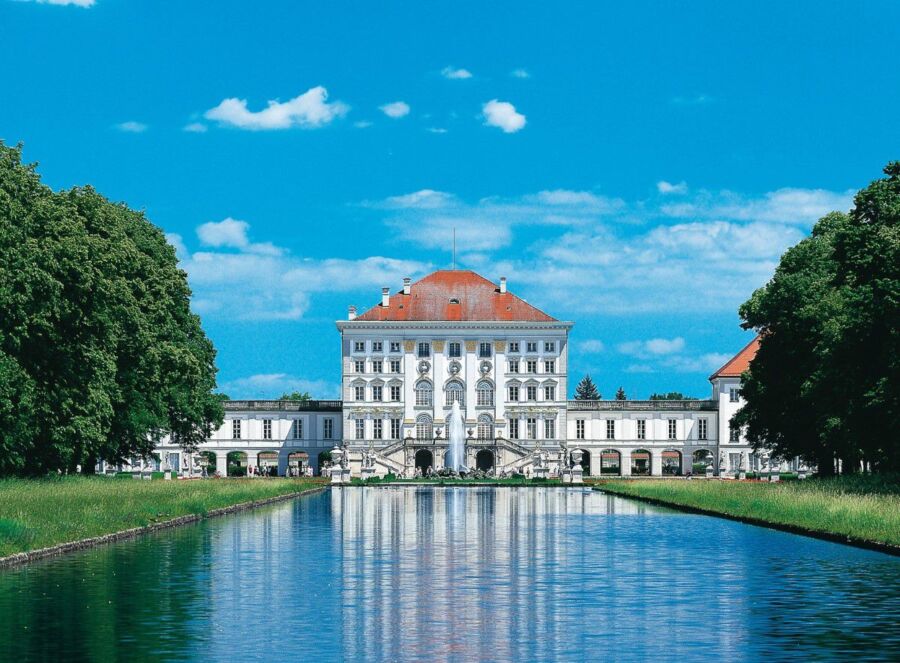
The Reichstag building tops Berlin’s must-see list with its glass dome offering city views. Brandenburg Gate stands as Berlin’s most famous landmark, while Charlottenburg Palace shows off baroque splendor.
Munich’s Marienplatz buzzes with activity around the Neo-Gothic New Town Hall. The Nymphenburg Palace wows visitors with its grand architecture and beautiful gardens.
Tempelhofer Feld, Berlin’s former airport turned public park, provides a unique urban space for cycling and picnics. The English Garden in Munich offers peaceful walks and popular beer gardens.
The TV Tower defines Berlin’s skyline. Munich’s Frauenkirche cathedral features twin towers that have become symbols of the city.
Urban Adventures
Berlin and Munich each offer distinct ways to explore city life, from edgy art districts to luxurious shopping boulevards.
Shopping Havens
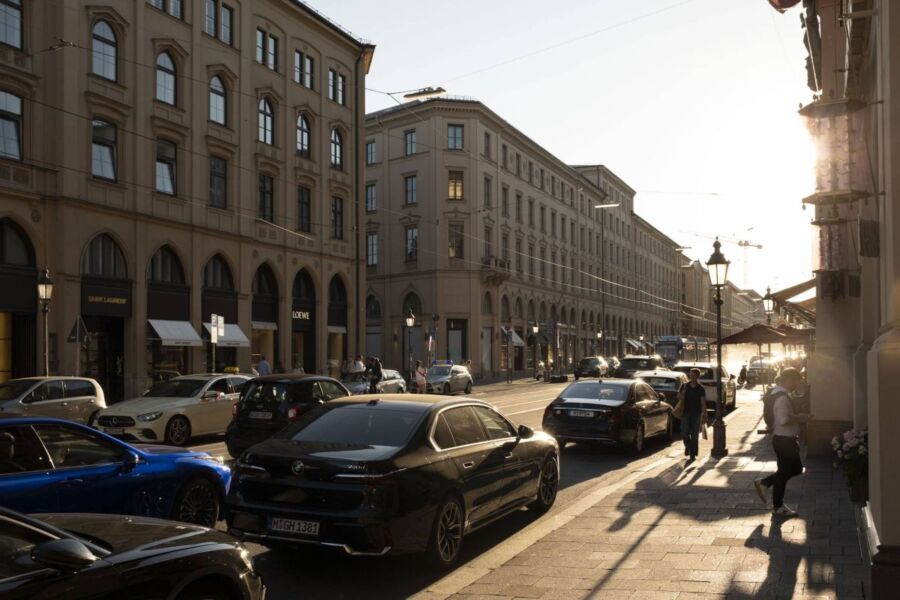
Munich’s shopping scene centers around Kaufingerstrasse and Maximilianstrasse, where high-end boutiques and designer stores line the streets. The city’s famous Viktualienmarkt offers fresh local foods and Bavarian specialties in an open-air setting.
Berlin’s retail landscape spreads across several neighborhoods. The KaDeWe department store stands as Europe’s second-largest, offering eight floors of luxury goods. Hackescher Markt attracts fashion-forward shoppers with its mix of indie designers and vintage finds.
Each city maintains its own shopping personality. Munich keeps things elegant and traditional, while Berlin embraces a more alternative, diverse retail culture.
Street Art Explorations
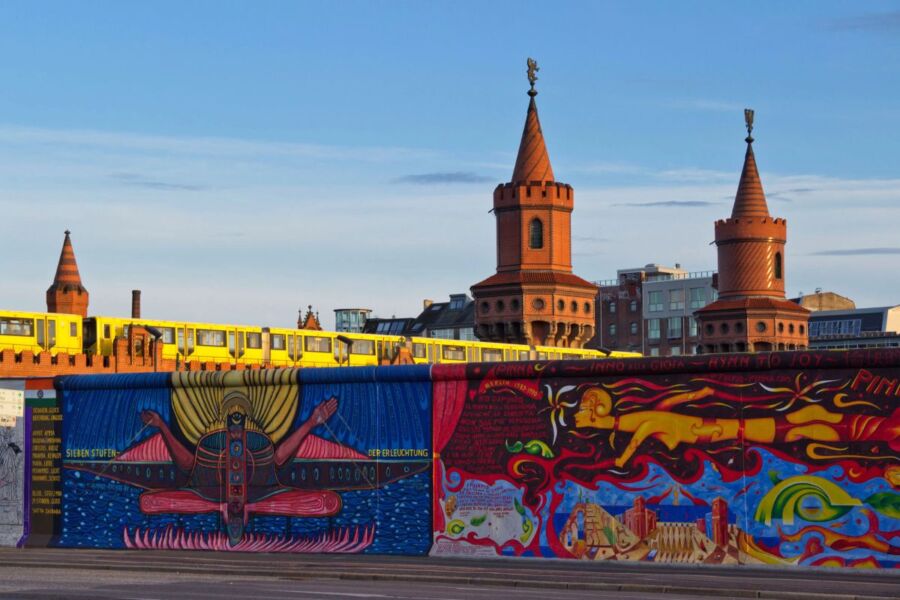
Berlin’s East Side Gallery transforms a 1.3-kilometer stretch of the Berlin Wall into the world’s largest open-air gallery. The Kreuzberg and Friedrichshain districts showcase vibrant murals and graffiti art at every turn.
Raw-Gelände, an abandoned factory complex, now serves as a canvas for street artists. The area hosts art workshops and exhibitions throughout the year.
Munich takes a more subtle approach to street art. The Glockenbach neighborhood features small-scale murals and stencil work. Local artists often create temporary installations near the Isar River.
The contrast between cities is stark – Berlin embraces bold, political street art, while Munich opts for controlled, curated pieces in specific areas.
Travel Essentials
Munich and Berlin each have distinct approaches to accommodations and getting around. Both cities have excellent public transport systems and varied lodging choices for different budgets.
Lodging and Accommodations
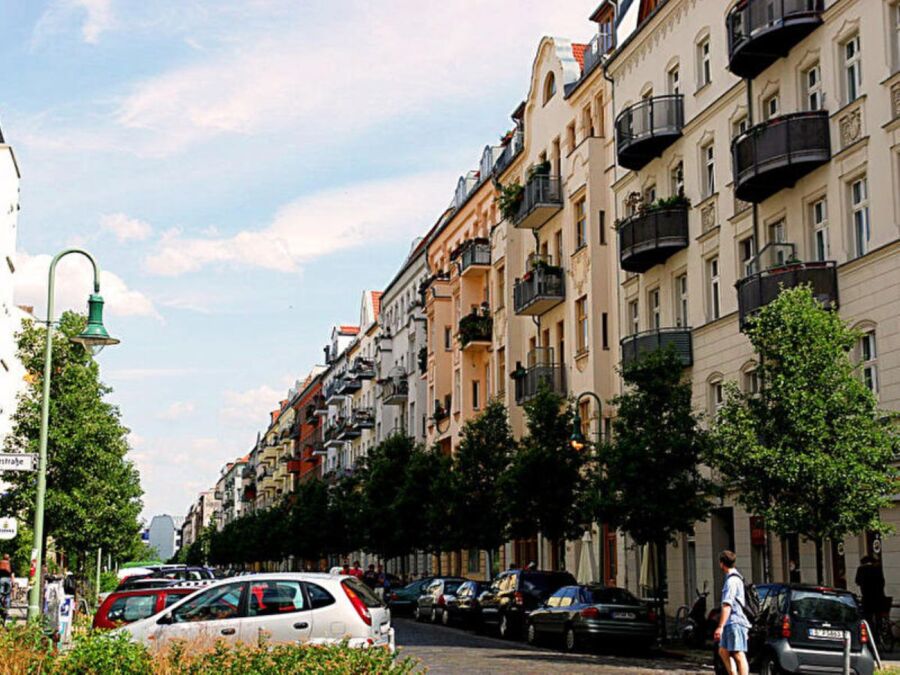
Hotels and apartments in Berlin cost about 20% less than Munich. Berlin offers many budget-friendly hostels in trendy areas like Kreuzberg and Friedrichshain. A mid-range hotel in central Berlin runs €80-120 per night.
Munich’s accommodations lean toward the upscale. The area near Marienplatz puts visitors close to main attractions but comes at a premium. Budget travelers should look to neighborhoods like Au-Haidhausen or Schwabing. Expect to pay €100-150 nightly for central locations.
Both cities see price spikes during major events. Munich rates double or triple during Oktoberfest. Berlin gets expensive during big trade shows and festivals.
Transportation Overview
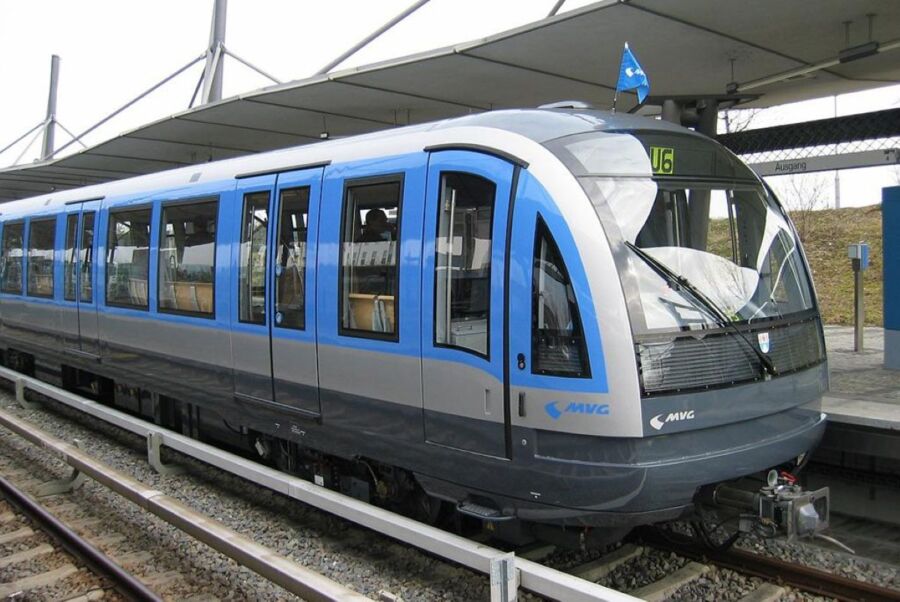
The U-Bahn (subway) and S-Bahn (commuter rail) form the backbone of both cities’ transit networks. Single tickets cost €3-4, with daily passes around €8-9.
Berlin’s system spans a larger area with more lines and stations. Buses and trams fill gaps between rail services. Transportation from Brandenburg Airport takes 30-45 minutes to the city center.
Munich’s compact size makes it easier to navigate. The main station (Hauptbahnhof) connects to Munich International Airport via frequent trains. The transport system runs with typical German efficiency and cleanliness.
Bikes offer a great way to explore either city. Both have extensive cycling lanes and bike-sharing programs with reasonable rates.
Frequently Asked Questions
Munich and Berlin offer distinct experiences shaped by their unique histories, cultures, and modern lifestyles. Each city draws different types of visitors and residents based on their career goals, lifestyle preferences, and travel interests.
What factors should I consider when choosing between living in Munich versus Berlin?
Professionals in tech, engineering, and automotive industries tend to be attracted to Munich. The city offers high salaries and a structured lifestyle.
Meanwhile, Berlin draws more creative types, startup founders, and digital nomads. The city has a more relaxed vibe with flexible work cultures.
Munich has cleaner streets and better infrastructure, but it also has stricter social norms. On the other hand, Berlin embraces chaos and individual expression.
How do the university experiences in Munich compare with those in Berlin?
Munich’s universities focus on technical fields, engineering, and business programs. The study environment is competitive and formal.
In contrast, Berlin’s schools excel in arts, humanities, and innovative research. Campus life integrates more with the city’s cultural scene.
Students in Munich face higher living costs but better job prospects after graduation. Meanwhile, Berlin offers more affordable student housing and diverse internship opportunities.
What are the differences in cost of living between Munich and Berlin?
Munich ranks as Germany’s most expensive city. Rent prices in central areas often reach double those in Berlin.
Meanwhile, Berlin remains relatively affordable for a major European capital. Food, entertainment, and public transport cost less than in Munich.
Housing in both cities gets cheaper in outer neighborhoods with good transit connections to the center.
When considering population and city size, how do Munich and Berlin differ?
Berlin spans a much larger area with 3.7 million residents spread across diverse neighborhoods and former East/West sectors.
On the other hand, Munich feels more compact with 1.5 million people concentrated in a smaller space. The city layout makes it easier to navigate.
For a first-time visitor to Germany, should one prioritize Munich or Berlin?
First-timers seeking traditional German culture and pretty architecture should start with Munich’s charming city center and beer gardens.
Meanwhile, Berlin works better for travelers interested in modern history, street art, and nightlife. The city offers fascinating walking tours and must-see historic sites.
What unique cultural experiences do Munich and Berlin offer to holiday travelers?
Munich shines with Bavarian traditions like Oktoberfest, Christmas markets, and historic beer halls. Traditional festivals happen year-round.
Berlin’s culture revolves around contemporary art galleries, underground music venues, and international food scenes. The city never sleeps and keeps evolving.
Museum Island in Berlin preserves world-class artifacts. Meanwhile, Munich’s Pinakothek museums showcase renowned European paintings.
